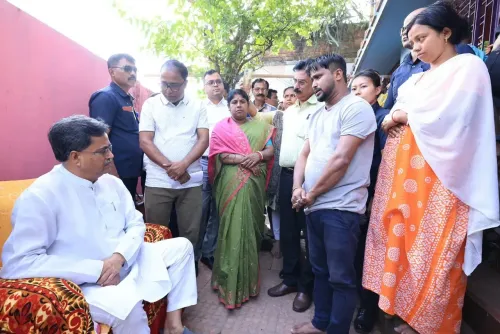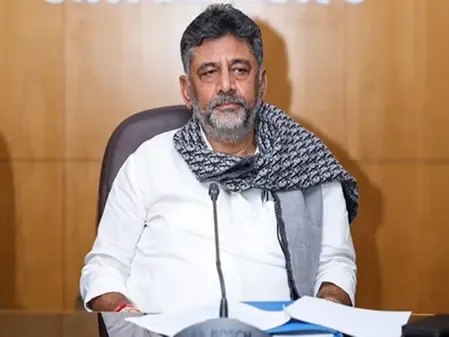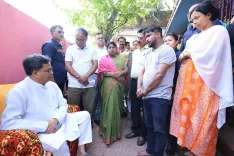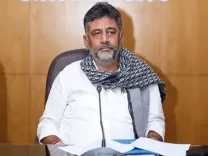Are Transgender Candidates Now Allowed to Contest in Women's Seats in Kerala's Local Body Polls?
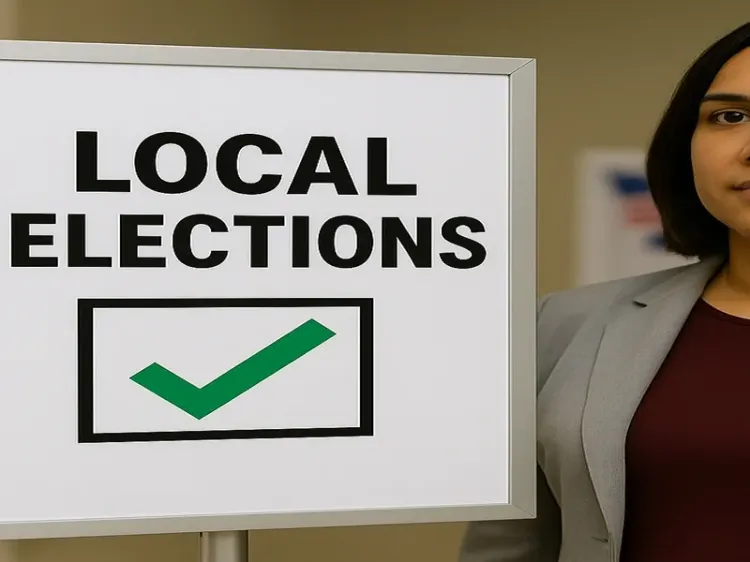
Synopsis
Key Takeaways
- Two transgender candidates gain approval to contest local body elections in Kerala.
- This marks a significant step toward gender inclusivity in politics.
- Ameya Prasad and Arunima M. Kurup represent the UDF.
- Their nominations highlight the importance of political representation for marginalized communities.
- This decision could influence future legal reforms across India.
Kochi, Nov 22 (NationPress) In a significant advancement for gender inclusivity within Kerala's electoral framework, two transgender individuals -- candidates Ameya Prasad and Arunima M. Kurup from the Congress-led UDF -- have been granted official permission to run for women’s reserved seats in the forthcoming local body elections. This decision represents a notable progression in the state’s democratic evolution.
In the Pothencode Division of the Thiruvananthapuram District Panchayat, the Returning Officer validated Ameya's nomination for the women’s reserved category, as her official documents, including identity records, classify her as a woman.
Despite her voter list labeling her as “transgender,” which initially raised legal concerns, the High Court determined that the Returning Officer possessed the authority to make the final decision.
After thorough examination, officials confirmed her eligibility. Ameya, who had already initiated her campaign, celebrated this approval as a triumph for inclusivity and democratic rights.
In a similar vein, UDF candidate Arunima M. Kurup from the Alappuzha District Panchayat's Vayalar Division also secured clearance to contend for a women’s reserved seat.
Her documents, such as Voter ID, Aadhaar, and election records, distinctly identify her as female, presenting no legal obstacles.
No objections emerged during the scrutiny process. In response to doubts regarding her eligibility, Arunima stated that such allegations arise from ignorance and bias.
“All my documents recognize me as a woman. I underwent gender affirmation surgery at 19. There should be no legal issues. Those who spread misinformation lack understanding about gender and sexual minorities,” she asserted.
She emphasized that her candidacy enhances UDF's prospects in Vayalar, asserting that any attempts to undermine her were politically motivated.
The acceptance of both candidates signifies a crucial transformation in Kerala’s local governance, recognizing the rights of transgender individuals to participate in politics.
Their involvement in the electoral process not only represents personal victories but also signifies broader societal acknowledgment of gender minorities in public spheres—a development that many believe could pave the way for legal and electoral reforms throughout India.

